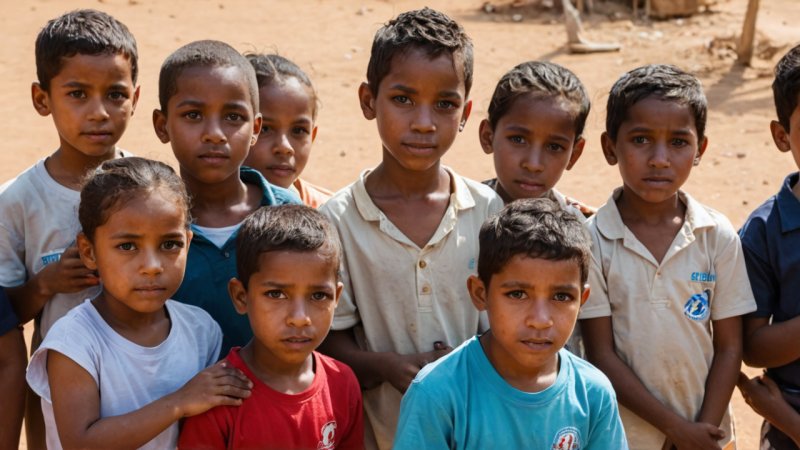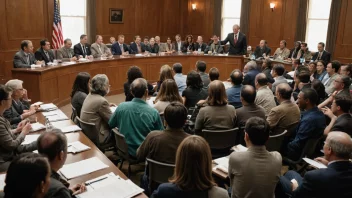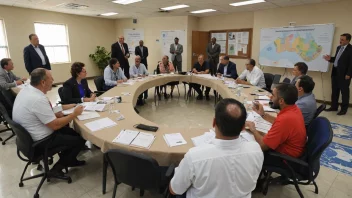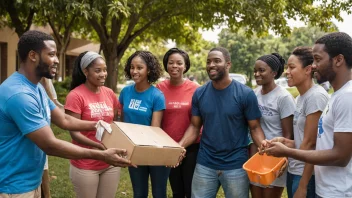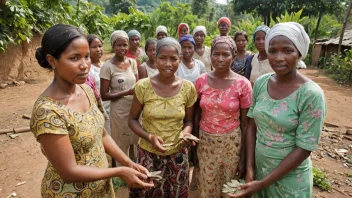Introduction
In humanitarian crises, children are often the most vulnerable, facing risks such as exploitation, abuse, and neglect. This article will guide you through actionable steps to advocate for child protection in these challenging contexts. By understanding the key issues and taking proactive measures, you can make a significant difference in the lives of children affected by conflict, disaster, and displacement.
Step 1: Educate Yourself on Child Protection Issues
Before you can effectively advocate for child protection, it is essential to educate yourself about the specific issues children face in humanitarian contexts. Understanding the legal frameworks, such as the Convention on the Rights of the Child, and the specific risks in various crises will equip you with the knowledge needed to engage others.
- Read Reports: Look for reports from organizations like UNICEF, Save the Children, and the UNHCR.
- Attend Workshops: Participate in training sessions that focus on child protection in emergencies.
- Follow Experts: Engage with child protection advocates on social media to stay updated on current issues.
Step 2: Raise Awareness in Your Community
Once you are informed, it's time to share that knowledge with others. Raising awareness is crucial in building a community that understands and prioritizes child protection.
- Organize Community Events: Host informational sessions or workshops to discuss child protection issues.
- Create Educational Materials: Develop pamphlets or online content that outlines the importance of protecting children in crises.
- Utilize Social Media: Share articles, videos, and personal stories that highlight child protection challenges and successes.
Step 3: Collaborate with Local Organizations
Partnering with local NGOs and community groups can amplify your efforts. These organizations often have established programs and networks focused on child protection.
- Identify Key Organizations: Research local NGOs that specialize in child welfare and humanitarian aid.
- Offer Your Skills: Volunteer your time or expertise to support their initiatives.
- Participate in Joint Campaigns: Collaborate on awareness campaigns or fundraising events (without fundraising solicitation) that highlight child protection.
Step 4: Advocate for Policy Change
Policy advocacy is critical for creating systemic change that protects children in humanitarian settings. Here’s how you can get involved:
- Contact Local Representatives: Write letters or emails to your local government officials urging them to prioritize child protection in humanitarian policies.
- Join Advocacy Groups: Become a member of organizations that focus on child rights and advocacy.
- Participate in Campaigns: Engage in campaigns that push for stronger legislation and funding for child protection initiatives.
Step 5: Support Children Directly
While systemic change is vital, direct support to children in need can have an immediate impact. Here are ways you can help:
- Mentor or Tutor: Offer your skills to mentor or tutor children in your community or in refugee camps.
- Organize Activities: Plan safe recreational activities that provide children with a sense of normalcy.
- Advocate for Safe Spaces: Work with local organizations to create safe environments for children affected by crises.
Step 6: Share Your Story
Your personal experiences and insights can inspire others to take action. Sharing your story can be a powerful tool for advocacy.
- Write Articles: Contribute to local newspapers or online platforms about the importance of child protection.
- Speak Publicly: Offer to speak at community events or schools about child protection issues.
- Utilize Social Media: Share your journey and the steps you've taken to raise awareness about child protection.
Conclusion
Advocating for child protection in humanitarian contexts is a multifaceted effort that requires education, collaboration, and direct action. By following these steps, you can play a vital role in ensuring that children are safe and supported during crises. Remember, every action counts, no matter how small. Your commitment to this cause can inspire others to join you in making a difference in the lives of vulnerable children.
